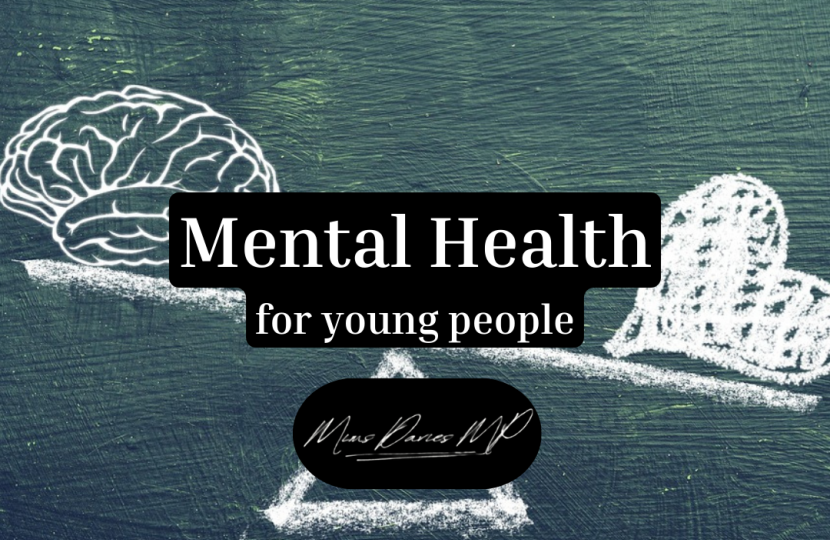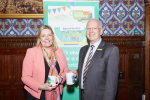
With many factors affecting the mental wellbeing of our children and young people today, from the pressures of technology and social media to the after-effects of the pandemic, I welcome any and all action taken to improve relevant support and services.
We know strong, supportive families make for more stable communities and happier individuals so investing in families and making sure they get the support they need from birth through to adulthood helps with children’s educational attainment, well-being and life chances, while also improving wider outcomes such as poor mental health and unemployment.
Previously these services could be disjointed and hard to navigate but family hubs act as a ‘one-stop shop’ to offer guidance and advice on a range of circumstances including infant feeding, mental health support, health visits and parenting classes. The last Government ensured that families across England can now access free help and support at local Family Hubs, with all 75 local authorities involved in the scheme now offering access to a centre.
Local, specialist services such as Child and Adolescent Mental Health Services (CAMHS) play an important role in providing the mental health support that our children and young people need. To strengthen the link between education settings and specialist services such as CAMHS, the last Conservative Government promoted Mental Health Support Teams across schools to ensure detection of mental health problems among children and young people as quickly as possible. As of April 2024, Mental Health Support Teams covered 44 per cent of pupils in schools and students in further education in England, with the intention of expanding to 50 per cent in the coming year. The teams include additional trained professionals who can provide support directly to pupils as well as supporting school staff.
There are valid concerns about waiting times for accessing mental health services for children and young people and I am pleased the NHS is working towards implementing five new waiting time standards for people requiring mental healthcare in both accident and emergency and in the community, to ensure timely access to the most appropriate, high-quality support. Four of these include children and young people. To support this, the NHS Long Term Workforce Plan set out an ambition to grow the mental health workforce by 73 per cent by 2036 to 2037.
The last Government also committed almost £8 million of funding for a total of 24 Early Support Hubs in 2024/25, offering earlier, open-access mental health intervention at ten hubs in community locations. They also intended to expand the Hubs to every local community by 2030. The drop-in centres offer mental health support and advice to local young people who do not need a referral by a doctor or school. The hubs are open to those aged 11-25 years old, and importantly they are for anyone who may not meet the threshold to receive NHS support. Young people going through the trauma of worry, anxiety or stress will have a physical space to go to when their problems first emerge.
Overall, between 2018/19 and 2023/24, spending on mental health services increased by £4.7 billion, compared to the £3.4 billion in cash terms set out in the NHS Long-Term Plan, so that an additional 345,000 children and young people are now able to get the necessary NHS-funded mental health support.
While the new Labour Government has pledged to open Young Futures Hubs for children and young people, offering mental health support in the community, both the extent and timescale of the commitment are not clear and I will be scrutinising the detail as plans emerge.
I acknowledge that more needs to be done to improve the mental health and wellbeing of our children and young people, and I fully intend to advocate for this wherever possible.




